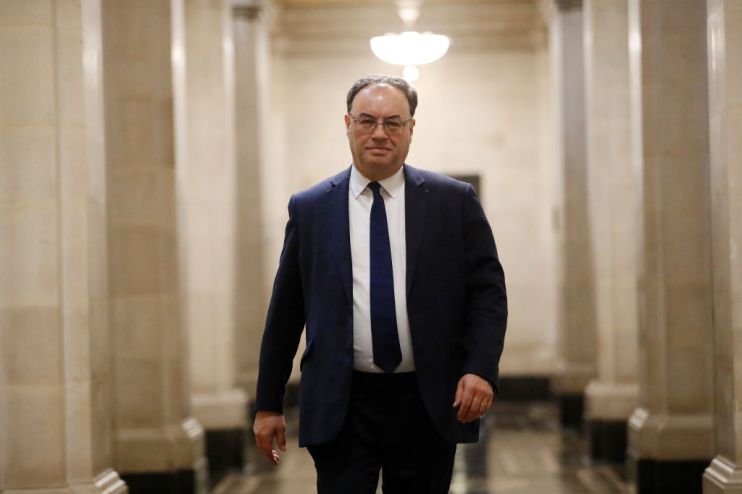BoE governor Andrew Bailey: Some parts of economy no longer ‘viable’

Bank of England governor Andrew Bailey has warned that “some parts of the economy” will not be “viable” after the coronavirus pandemic.
He also backed the government’s move to end the furlough scheme in October. He said “we have to look forwards”.
Bailey was speaking to broadcasters after the Bank kept interest rates on hold at 0.1 per cent, a record low.
It also said that the economic crash this year would not be as bad as it first thought. But the Bank warned that the recovery would likely take longer.
The governor told Sky News: “It’s reasonable to think there will be what I might call structural change in the economy coming out of the Covid experience.”
Bailey said the businesses most at risk were in the hospitality sector, which has “a very high social consumption element to them which involves people working or indeed consuming at very close quarters”.
“The UK economy does have a higher share of those sectors than quite a number of… other developed countries,” he said.
Bailey said it’s “one of the factors” that helps to explain why the UK economy looks more “exposed” than some others.
Bailey backs end of furlough scheme
The governor told BBC news that he backed the government’s decision to end the job retention scheme.
The furlough programme, which has supported 9.6m jobs and cost more than £30bn, will be closed in October. Some business groups have called for more help, especially as the government institutes some local lockdowns.
Bailey said: “I think the chancellor has set out a very clear path for that, and I think it is good that he set out a very clear path. It’s been a very successful scheme.”
“But he’s right to say we have to we have to look forwards now and move forward.”
The Bank today said it expected unemployment to hit 7.5 per cent at the end of this year. That would put 2.5m people out of work but would be lower than the joblessness rate seen during the financial crisis.
Bailey told the BBC: “I don’t think [we should be] locking the economy down in a state that it pre-existed in.
“We may have to look at some elements of structural change in the economy to respond to the world we now live in. You have to look forward.”